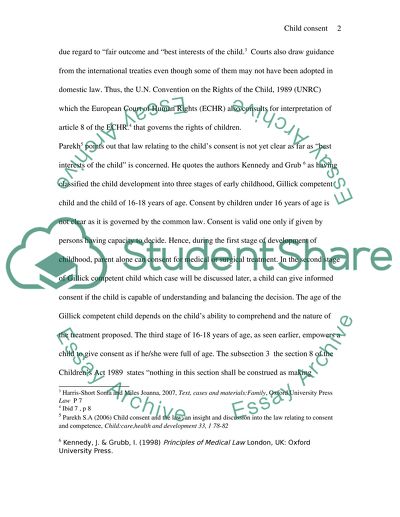Cite this document
(Law Concerning the Capacity of Young People Essay - 3, n.d.)
Law Concerning the Capacity of Young People Essay - 3. Retrieved from https://studentshare.org/law/1560034-family-law
Law Concerning the Capacity of Young People Essay - 3. Retrieved from https://studentshare.org/law/1560034-family-law
(Law Concerning the Capacity of Young People Essay - 3)
Law Concerning the Capacity of Young People Essay - 3. https://studentshare.org/law/1560034-family-law.
Law Concerning the Capacity of Young People Essay - 3. https://studentshare.org/law/1560034-family-law.
“Law Concerning the Capacity of Young People Essay - 3”, n.d. https://studentshare.org/law/1560034-family-law.


